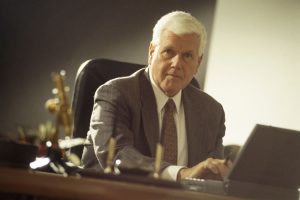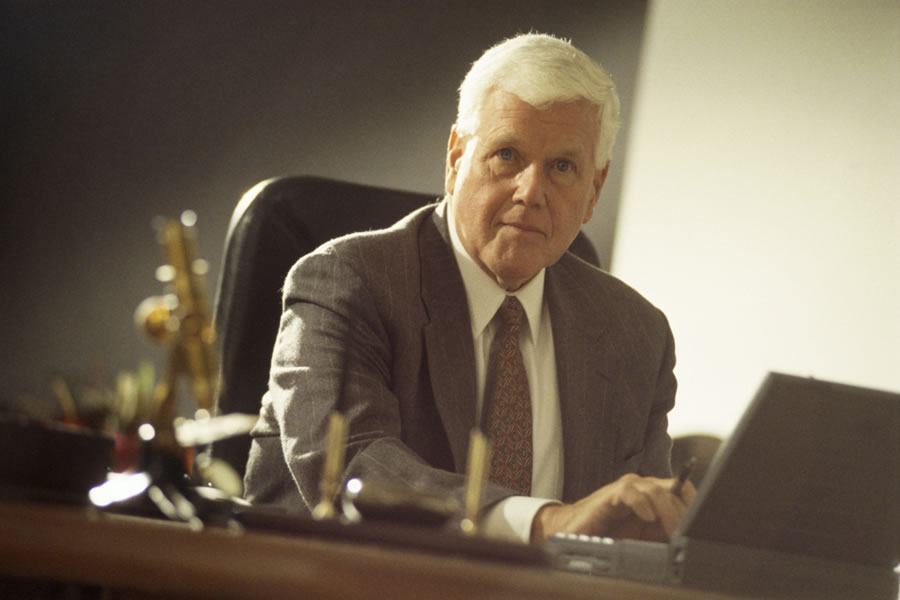 I’ve had many mature executive clients tell me they have experienced some form of age discrimination in their careers. The Equal Employment Opportunity Commission stated that record levels of age-discrimination lawsuits have been filed in the last five years.
I’ve had many mature executive clients tell me they have experienced some form of age discrimination in their careers. The Equal Employment Opportunity Commission stated that record levels of age-discrimination lawsuits have been filed in the last five years.
One contributing factor: millennials are moving into junior executive or executive positions and some may not recognize an older worker’s value to an organization. Their perspective sometimes stamps an expiration date on anyone over 55.
Keep in mind that age discrimination relates to misinformation (generalizations) or biases that some people have. The key is to remember that you have assets that younger employees don’t. Mature executives tend to work harder, stay longer at a company, and bring a level of expertise that younger people have not yet accomplished in their careers.
So how do executives over 55 present themselves in an advantageous way?
5 key strategies:
- Age-proof your resume. If your resume contains only the last 10-15 years of your experience, recruiters and hiring managers will look elsewhere for discriminating data – such as your education. College graduation dates give you away in a heartbeat. Unless you recently graduated (or have a pending degree you are currently working on), don’t list college graduation dates.
- Show you are technology savvy. Kerry Hannon, the author of “AARP’s Great Jobs for Everyone 50” states, “You absolutely have to show that you are up to speed on technology. Employers should be able to link to your online profile. Be on LinkedIn.” She advises executives to take a course or workshop to update their computer skills.
- Network, network, network! Executive’s over 55 have typically built a substantial network of colleagues, bosses, subordinates, friends, recruiters, etc. Tapping into that network can be invaluable as these people know you and the value you can bring to an organization. They can share potential job opportunities, and they can introduce you to others that may prove beneficial during your job search.
- Appearance counts. I’m not just talking about showing up for an interview in appropriate business attire. I’m referring to presenting an energetic style to employers. You want to dispel any possible hesitation about older executives lacking stamina.
- Evaluate corporate culture fit. You might be the best-qualified candidate for the job, but is this company where you really want to be working? Look at the factors that are important to you. Is the average age of employees 25 or younger? Do you want to be the “suit” to a staff of “hoodies?” Will the company allow you to be the substance, vision, and strategy for growing the business?
So what are recruiters and hiring managers looking for in a mature executive professional? According to Korn/Ferry, executives need to be able to embrace the company culture and be relevant in today’s work world. Present yourself as a great candidate no matter what your age.

